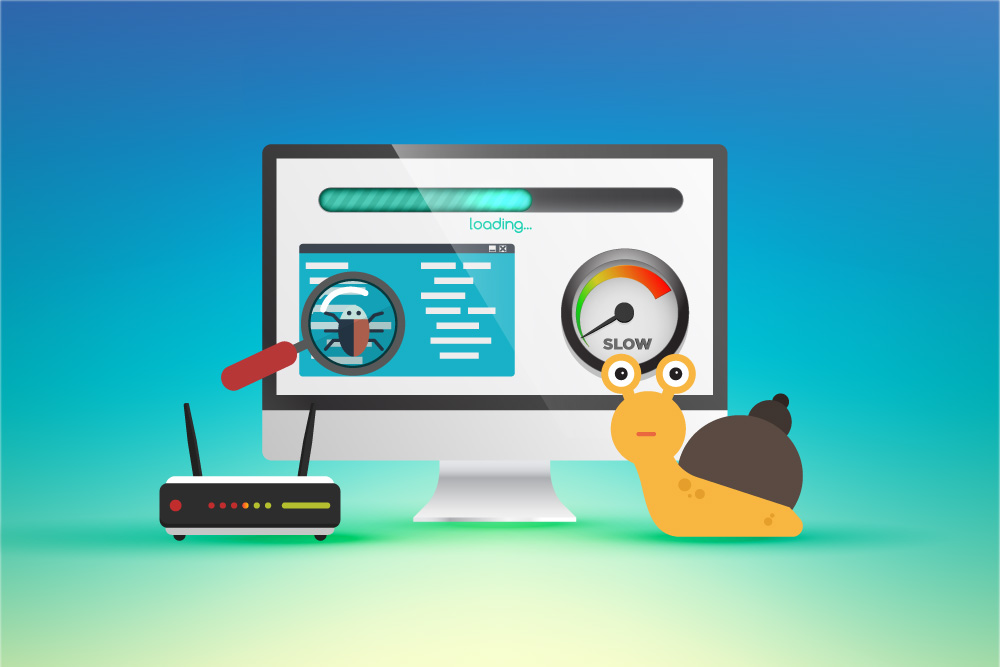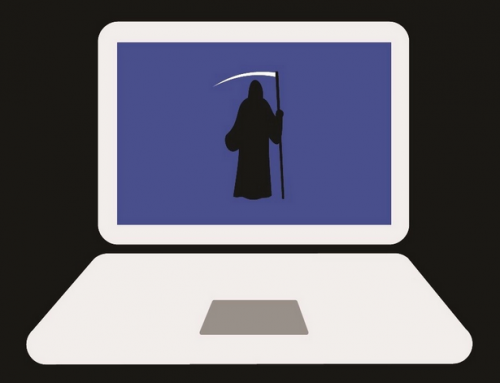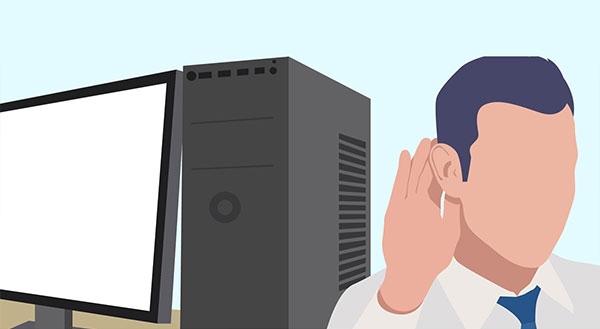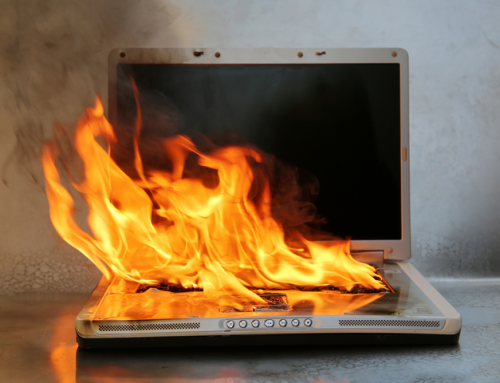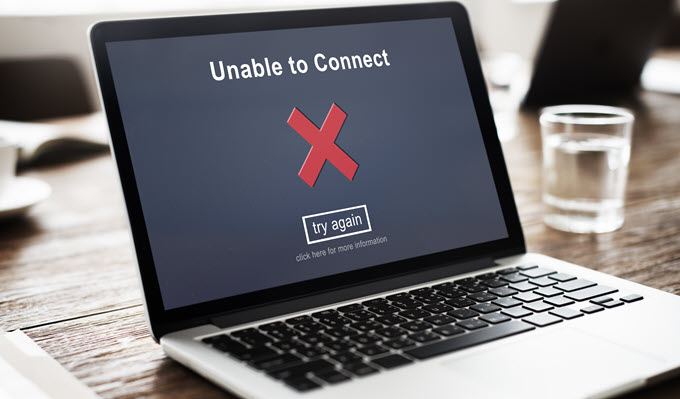This video will show you how to fix a slow hard drive for faster transfer speeds. It includes the following:
- Fix Slow Hard Drive / SSD Speeds
- Write Caching
What causes a slow disk drive?
A slow disk drive generally takes a long time to transfer, write, or save files. Although it can be a nuisance, it’s almost completely normal due to disk fragmentation on older and more commonly used hard disk drives. The average hard drive lasts between 3 to 5 years before the need for a new one arrives.
Data storage devices are broken down into three categories: Magnetic, Optical, and SSDs (Solid-state). The question of what causes a slow hard drive relates to how they are mechanical devices, that are housing high-speed spinning disks and other mechanical parts, which obviously wear down with increased usage.
Magnetic drives wear out and fail over time, resulting in a slow disk drive experience, and taking all of their data with them when they die. It is said that they fail because of “logical” problems, where stored data no longer makes sense to the software that’s trying to read it. Physical problems, however, do not cause data corruption and the drive can be re-initialized to continue providing service.
Symptoms of having a slow disk drive:
- Computer freezes.
- Disappearing files.
- Slow startup speed.
- Slow processing speed.
- Mechanical malfunctioning sounds (clicking, scraping, etc.)
- Read and write errors.
What you can do to improve hard disk lifespan:
- Be gentle on the drive. Try to keep traditional hard drives in a stationary position most of the time to avoid any mechanical parts from getting bumped around inside the drive.
- Keep the temperature low enough with sufficient cooling.
- Make sure your disk is checked for errors at least once a month.
- Minimize the number of spin-up cycles by only accessing data when necessary.
- Switch your paging file to another storage module like Intel Optane, or perhaps a smaller drive.

